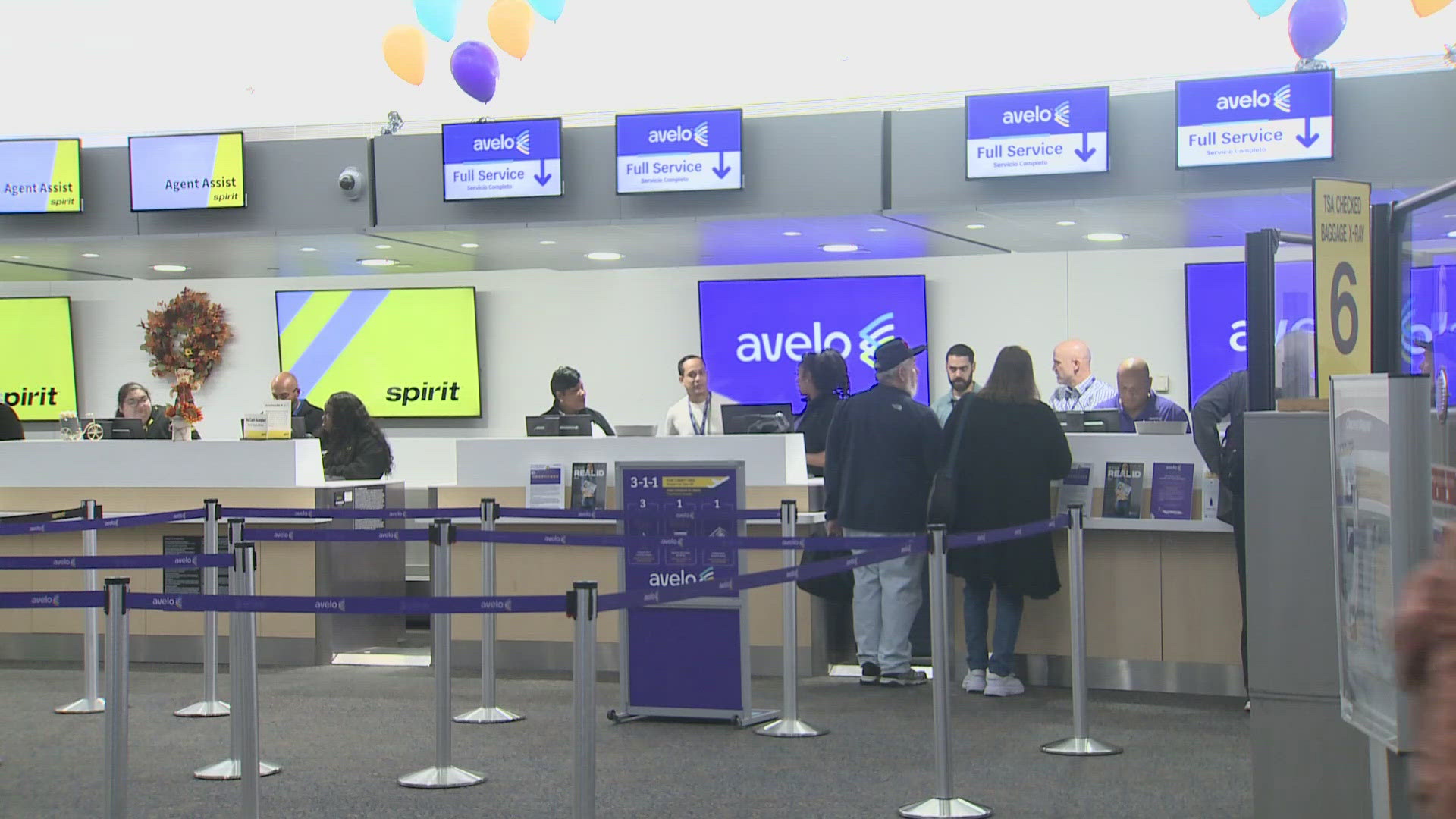CONNECTICUT, USA — The Connecticut Department of Consumer Protection has issued a warning about potential scams Monday as the state recovers from severe flooding and storm damage.
Gov. Ned Lamont issued a state of emergency for residents after heavy flood waters Sunday impacted areas in Western Connecticut, leading to two deaths and bringing damage to roads, homes and vehicles.
According to DCP Commissioner Bryan Cafferelli, residents should prepare against scammers who prey on those recovering from the storm damage by using caution when taking actions such as "hiring contractors, donating to recovery efforts and doing business with individuals you are not familiar with."
“Unfortunately, storms like these bring scammers who target families at their most vulnerable times. Damage to homes can be costly to repair, and those repairs often need to happen quickly. But taking a little bit of time to do your research can save you a bigger headache in the future," Cafferelli said.
The most common scams that may target Connecticut residents, according to the DCP, include clean-up and repair scams, charity scams and flooded car sales. In a release, the DCP wrote the following tips:
- Clean-up and repair scams: Scammers often offer clean-up or repair services at a low price, and without a contract. By law, home improvement projects must have a contract. Consumers should research potential contractors before making a decision. Be sure to ask for credential information, identification, proof of insurance, and make sure there is a written signed contract detailing the work that will be done. You can verify credentials by visiting http://www.elicense.ct.gov.
- Charity scams: In the aftermath of disasters, you may want to donate money to support the recovery process. Scammers take advantage of good intentions by creating fake charities and advertising them to potential donors. Always research a charity before giving by visiting sites like www.CharityNavigator.org, www.GuideStar.org, or www.give.org, and ask questions about how your donation will be used. If someone uses high-pressure tactics to convince you to give, it’s probably a scam. Any charity soliciting in the State of Connecticut must be registered with DCP. Be wary of Go Fund Me pages that have been set up to help victims. If you don’t know the person who set up the page, be cautious when donating or consider another way to help out.
- Flooded car sales: Vehicles damaged by flooding may be sold on the car market. Some tell-tale signs that a car may have been flooded include signs of water damage, mildew, fogged headlights, musty smell, and a heavy aroma of cleaners. Buyers should watch for signs of damage, get a vehicle history report, and report any instances of fraud.
Additional tips that the DCP wrote in the release include the following:
- Before you commit to a contractor, you should:
- Ensure that a contractor has the appropriate credentials for the work they’re performing by visiting www.elicense.ct.gov.
- If someone is making changes to your home, they must have a home improvement contractor registration.
- Check with your local building department to determine if a permit is required for the work you are having done.
- If someone is conducting tree trimming or related work, they must have an Arborist License through the Department of Energy and Environmental Protection (DEEP).
- Check references, and specifically request references from those who have had work done similar to what you need done. (For example, if you need your windows replaced, get a reference from someone who has also had their windows replaced).
- Get quotes from multiple contractors.
- Make sure you have a written contract, read it in its entirety, and ask any questions you may have before signing.
- Be prepared to pay in a traceable form like check, or credit card.
- Avoid doing business with someone who:
- Requires that you pay in cash, by wire transfer, or in any form of untraceable payment.
- Refuses to offer you a contract in writing. Contracts are required by law in the State of Connecticut.
- Offers you an incredibly low cost for work that needs to be completed, under the condition that you commit immediately.
- Knocks on your door, or otherwise solicits business specifically from you (instead of you going to them).
- Doesn’t provide references and/or will not provide proof of their credentials.
- Be cautious of “look alike” websites: Websites will sometimes try and impersonate legitimate businesses and charities. Verify the URL in your browser before hiring a business or giving any money online. These fraudulent websites will often ask for personal financial information and may download harmful malware onto your computer. Don’t assume that business or charity recommendations on Facebook or social media are legitimate and have already been scrutinized.
- Ask questions: Ask how your donation will be used and ask the solicitor to be specific. If the answer is vague, be wary. While the solicitor may not know every detail, he or she should be ready to tell you about the charity's mission and any upcoming events. Ask where your donation is going, especially if you prefer your donation to be used locally.
- Know who you are talking to: If you receive an email or text message soliciting your business, offering to help or repair or recovery efforts, or asking for a donation, confirm that the request is from a legitimate business or charity, and not an imposter. A legitimate business or charity will always give you time to verify its identity and do your research.
- Don’t be pressured: Do not hire a business or donate to a charity if the solicitor uses high-pressure tactics, asks for payment in cash or insists on sending someone to pick up your payment or donation.
- Avoid paying in an untraceable form of payment: Pay or donate by check or credit card, not by wire transfer, gift card, or cash.
- Never give out personal information: Never give out information such as your social security number or bank account numbers over the phone or internet, or to an untrusted source.
- Trust your instincts: Give with your mind, as well as your heart. If you have doubts about hiring a business or donating to a charity, don’t do it. Instead, find another business or charity that you feel comfortable with.
RELATED:
---
Have a story idea or something on your mind you want to share? We want to hear from you! Email us at newstips@fox61.com.
HERE ARE MORE WAYS TO GET FOX61 NEWS
Download the FOX61 News APP
iTunes: Click here to download
Google Play: Click here to download
Stream Live on ROKU: Add the channel from the ROKU store or by searching FOX61.
Steam Live on FIRE TV: Search ‘FOX61’ and click ‘Get’ to download.



